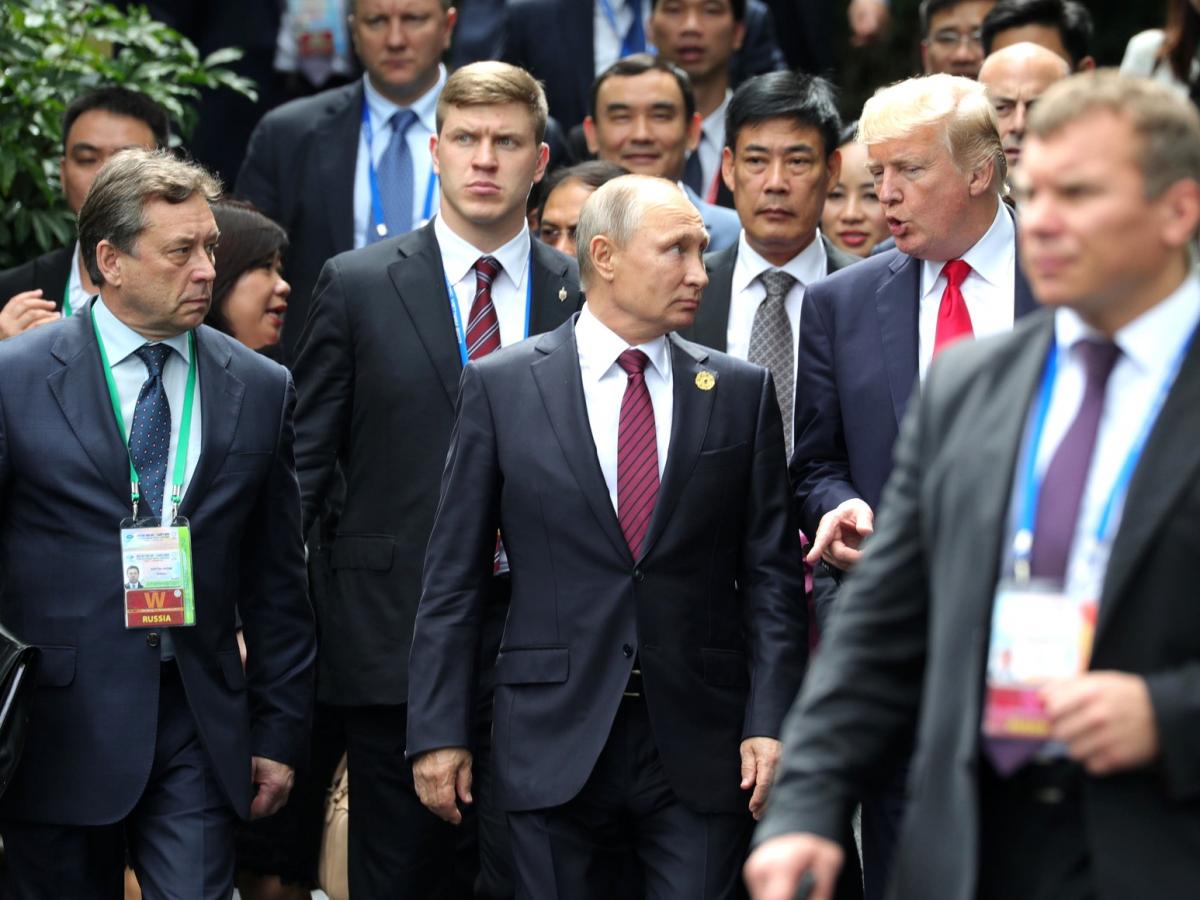
For years, Donald Trump criticized other presidents for not following through on their warnings. He often highlighted Barack Obama’s failure to enforce a “red line” against Syria’s use of chemical weapons, calling it a “blank threat” that weakened American credibility. When he withdrew the United States from the Iran nuclear deal in 2018, Trump said it showed that America “no longer makes empty threats” and that when he made promises, he kept them.
That tough posture carried into his attacks on President Joe Biden’s response to Russia’s 2022 invasion of Ukraine, which Trump said allowed Vladimir Putin to act “with no repercussions whatsoever.”
Sanctions Deadlines Come and Go
Now, Trump faces questions about his own follow-through. Last month, he set a firm deadline for Russia to agree to a peace deal or face crippling economic sanctions. That deadline expired ten days ago without new penalties being imposed. Instead, the administration announced higher tariffs on India for purchasing Russian oil.
On the same day the sanctions were supposed to take effect, Trump announced he would meet with Putin in Alaska. The summit produced no visible concessions from Russia, and Trump has since backed away from both sanctions and his earlier push for a ceasefire. He now says he wants a comprehensive peace deal, a process that could take much longer and potentially give Putin breathing room.
Trump has frequently said that sanctions on Russia were imminent. In January, he warned on social media that if no deal was reached “soon,” he would impose high levels of tariffs and sanctions. Seven months later, those measures remain absent.
In May, Trump described Senate-backed sanctions as “turkey time” and predicted they would crush Russia’s economy. Three months have passed since that remark, and Russia’s economy remains intact.
By July, he tightened his timeline, warning Russia it had 50 days to strike a deal or face sanctions. He later shortened that to a 10–12 day window, eventually settling on an August 8 deadline. That, too, passed without new action.
Rhetoric vs. Action
When asked about the lack of sanctions last week, Trump downplayed the urgency. “We don’t have to think about that right now,” he told Fox News. Secretary of State Marco Rubio added that sanctions could undermine potential peace talks, suggesting they would only be used if negotiations collapse entirely.
Trump has described sanctions as “very devastating,” yet his administration has also questioned whether they would truly weaken Putin, given Russia’s years of experience living under economic restrictions. This line of reasoning suggests the White House may be preparing to justify delaying action indefinitely.
Some Republicans are urging Trump to act more decisively. Senator Lindsey Graham said sanctions are still necessary to end the war, while former Vice President Mike Pence argued that Congress should pass a sanctions package immediately. Pence described Trump’s diplomatic style as a “velvet glove” but insisted it was time to bring down the “hammer.”
For now, that hammer remains unused. Trump has long been criticized for setting deadlines he doesn’t meet, a tendency that has become a running joke in Washington. But in this case, the stakes extend far beyond missed policy announcements. They involve the credibility of U.S. foreign policy and the ongoing war in Ukraine.
What The Author Thinks
This looks like a recurring cycle: Trump sets hard deadlines, talks tough, and then sidesteps the follow-through. That might work in politics, where rhetoric alone can shift public opinion, but in foreign policy it weakens America’s leverage. The longer threats go unenforced, the easier it becomes for Putin to wait them out. At some point, failing to act on warnings risks creating the same credibility gap Trump once accused his predecessors of.
Featured image credit: Newsinfo
For more stories like it, click the +Follow button at the top of this page to follow us.
